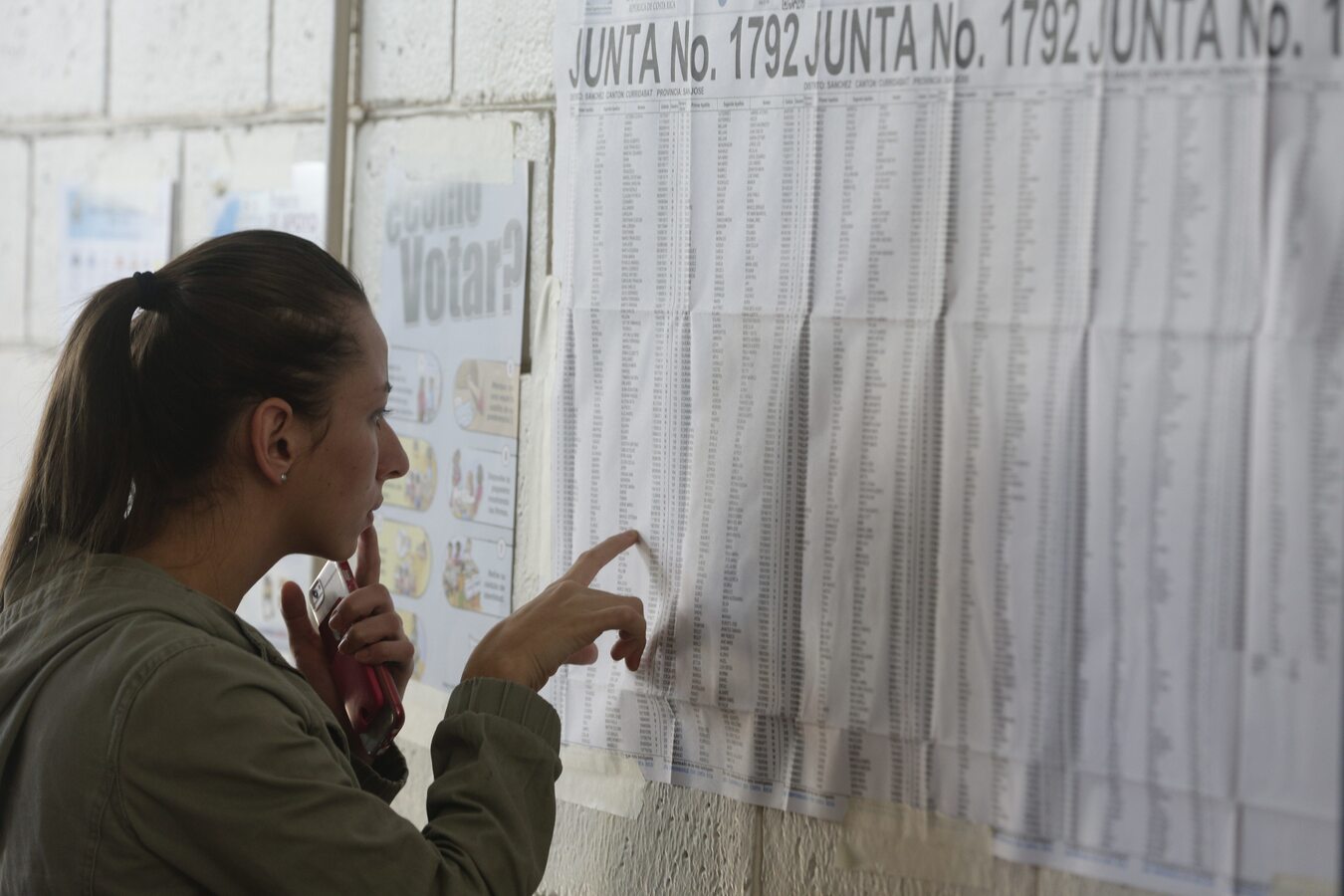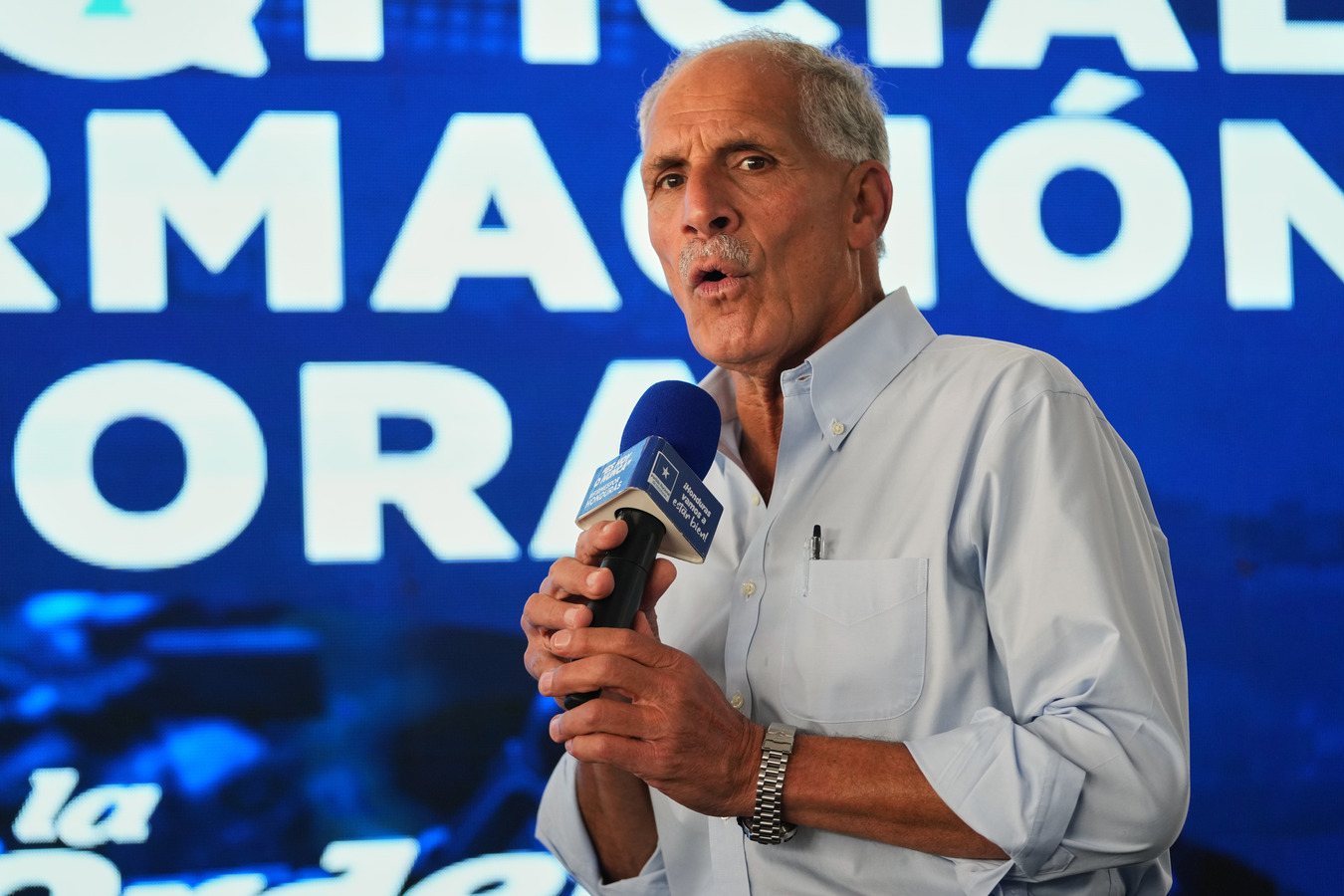Has the Government Shutdown Eroded U.S. Credibility?
Has the Government Shutdown Eroded U.S. Credibility?
The shutdown has undermined U.S. authority to defend democratic norms and social inclusion in Latin America, says AS/COA’s Christopher Sabatini in a Q&A with the Latin American Advisor.
Q: Approximately 450,000 U.S. government employees remain furloughed as the U.S. government shutdown enters its tenth day amid Congress' failure to reach agreement on a spending bill. How might the shutdown affect trade and other cross-border transactions between the United States and Latin American countries? What types of U.S. negotiations, forums, visits or meetings with counterparts in Latin America will be disrupted? Has Washington's political paralysis eroded U.S. credibility among the Latin Americans who have looked to the United States as a model of democratic governance?
A: Christopher Sabatini, senior director of policy for the Americas Society and Council of the Americas and editor-in-chief of Americas Quarterly:
"Just as it's difficult to quantify the impact of the shutdown on the economy—particularly for families who indirectly rely on the government— it's impossible to measure and evaluate the impact on U.S. diplomacy and leadership in the region. At best, it's just embarrassing. At worst, it will undermine U.S. status and power— symbolic and real—not just in these weeks, but for years to come. The ability of the United States to project its economic, political, moral and symbolic leadership in the region has taken a serious hit; the reckless game of chicken only makes other countries (oddly, such as China) look more like the world's economic future.
At the same time, the political dysfunction that has prevented the U.S. Congress from passing anything as basic as a budget undermines U.S. authority to speak out over the troubling levels of political polarization in countries like Venezuela and Ecuador and the threat to democratic norms and institutions. Even at the level of policy, the demands of the House Republicans to roll back efforts to extend health care to the working poor stand in sad contrast to efforts in Colombia, Chile, Costa Rica and Mexico to establish universal health care. As imperfect as these efforts may be, they are an unfortunate contrast to the polarized, prolonged blood sport that has become the discussion of extending health care in the United States.
President Ronald Reagan's 'shining city on a hill' has become the butt of jokes south of the border. With deteriorating human rights conditions and the rise of social protests in several countries in the region, there is a real need for someone to defend democratic norms and social inclusion. But right now, that ain't coming from the United States. Let's hope this will just be an embarrassing road bump."








